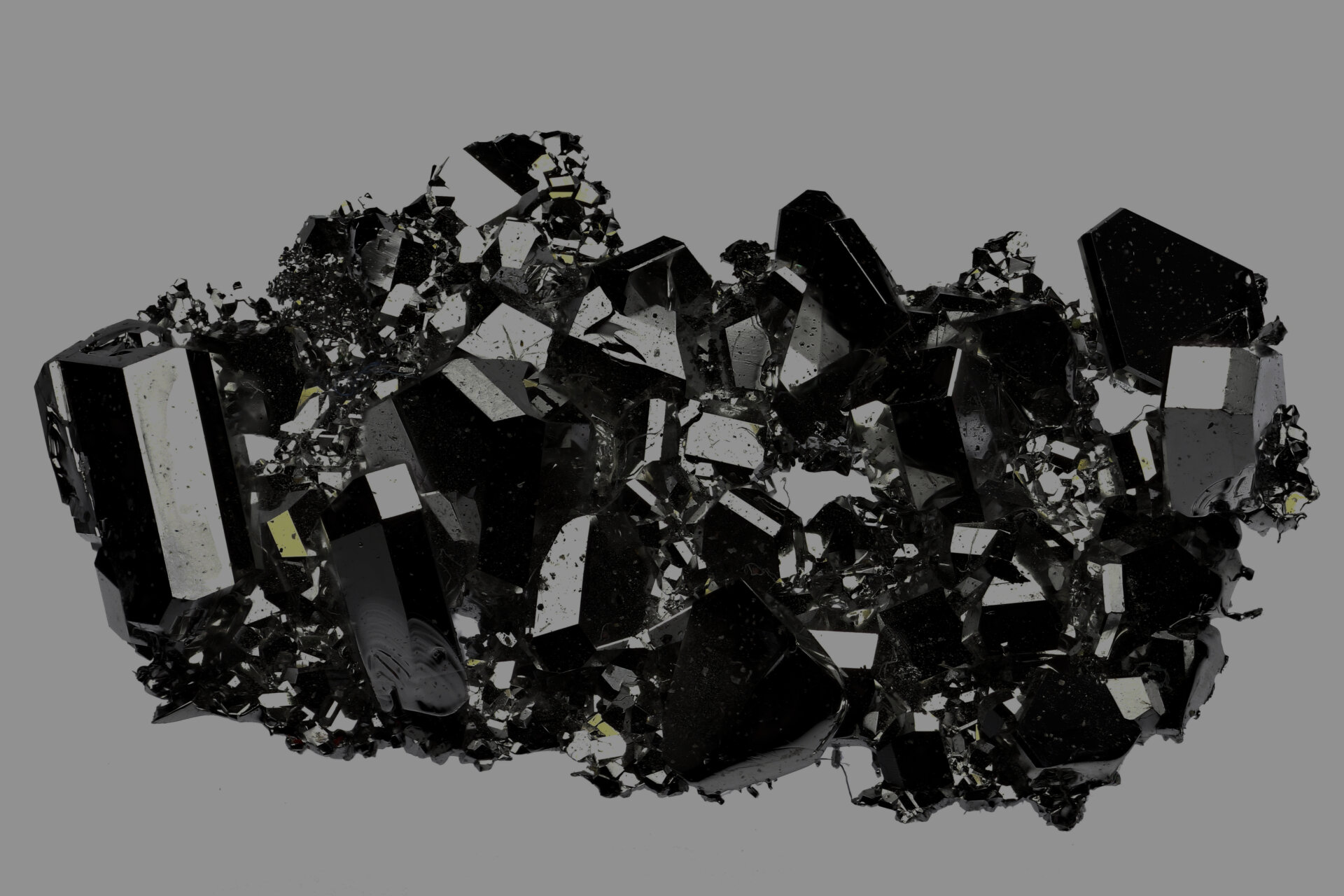Researchers at The University of Manchester have achieved a groundbreaking advancement in catalyst technology, as outlined in the Nature article this week.
Recent work from the research group of Igor Larossa in the University of Manchester’s School of Chemistry has been published in Nature Chemistry by Nature Portfolio. It describes a versatile novel ruthenium (pre)catalyst, RuAqua, that is both air and moisture stable.
(Pre)catalysts are revolutionising the way in which organic chemists discover and optimise chemical reactions. In this article, RuAqua has been demonstrated to drive an assortment of transformations including late-stage C(sp2)–H arylation, primary/secondary alkylation, and more. With the potential to accelerate synthetic discovery, shaping diverse synthetic fields such as cross-coupling and polymer chemistry.
“We are extremely excited about this discovery. Our new ruthenium catalyst boasts unparalleled reactivity, while maintaining stability in air – a feat previously thought unattainable.
As well as eliminating the need for specialised equipment or handling procedures, it also enables the user to run simultaneous reactions, facilitating rapid screening and streamlining optimisation procedures. This means procedures are quicker, more environmentally friendly and the accumulation of large amounts of waste is prevented.” – Gillian McArthur, lead author and PhD student at The University of Manchester.
Learn more about this development here.
To understand the impact of ruthenium catalysts further, you can read our project article here:
You can also get in touch with our project contact Daniel A. Paterson for more information and opportunities with industry.



